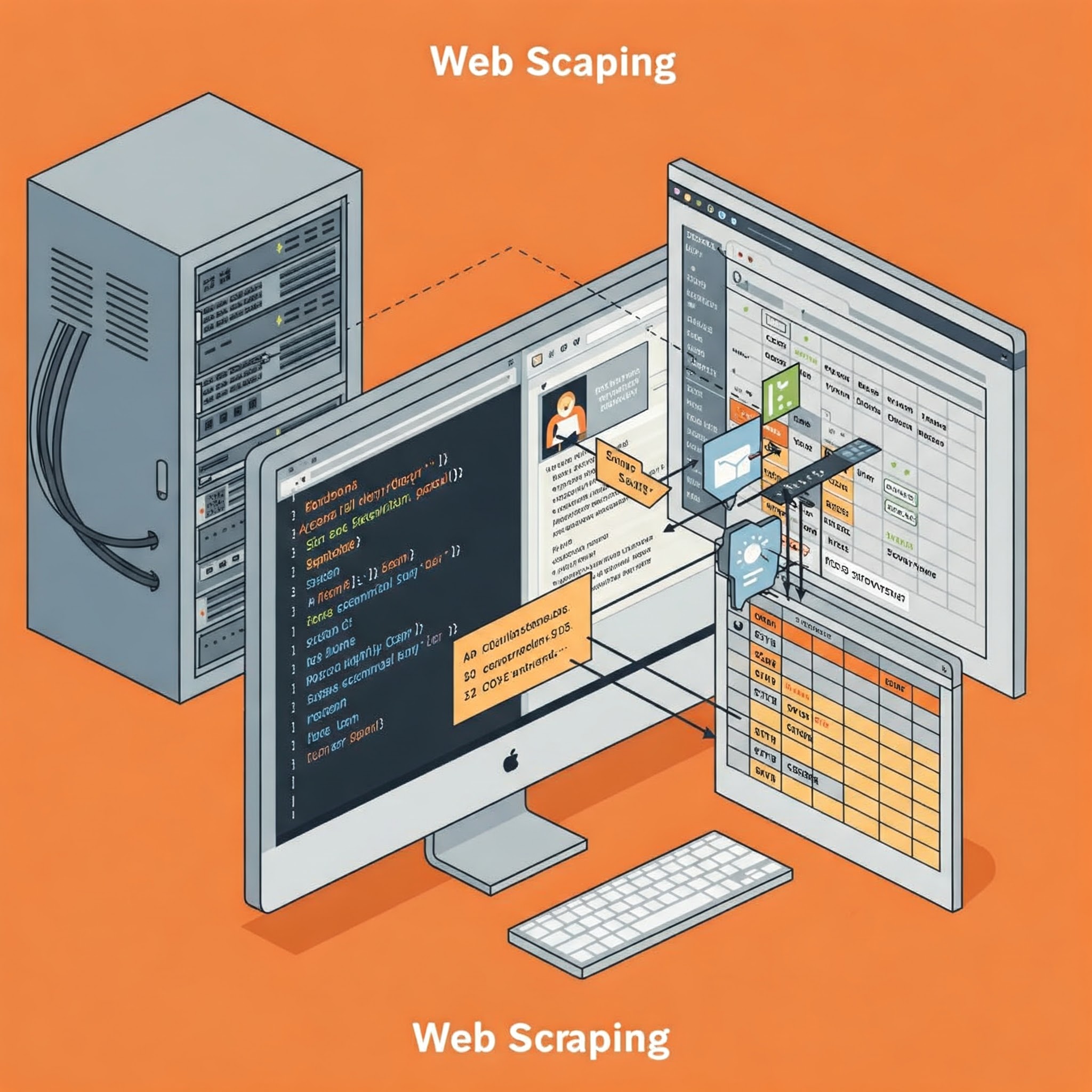Is Your Web Scraper on Solid Ground? Exploring the Legal and Ethical Dimensions of Web Crawling
Web scraping is a method used to automatically extract large amounts of data from websites. This process involves fetching a website’s content and parsing it to obtain the desired information, which can range from product prices to user reviews. The extracted data is then typically stored in a structured format, such as a spreadsheet or database, for further analysis or use.
Just as players explore various strategies to succeed in an Olympus slot game at a casino, businesses carefully craft scraping techniques to maximize efficiency while navigating complex legal frameworks. The primary purpose of web scraping is to collect data efficiently, saving time and resources compared to manual data collection methods.
Web scraping is widely used across various industries for a multitude of purposes. Businesses leverage this technology to gain insights into market trends, monitor competitor pricing, and gather customer feedback. Researchers utilize web scraping for data analysis and experimentation, while journalists might use it to track information on current events. Despite its widespread application, the practice of web scraping is not without its complexities, particularly concerning legal and ethical considerations.
The Legal Landscape of Web Scraping
The legal landscape surrounding web scraping is complex and varies significantly across jurisdictions. In the United States, laws such as the Computer Fraud and Abuse Act (CFAA) have been cited in legal cases involving unauthorized web scraping. This act criminalizes accessing a computer system without authorization, which can include scraping data from websites that have explicitly prohibited such activities in their terms of service.
European countries, on the other hand, have the General Data Protection Regulation (GDPR) to consider. This regulation emphasizes the protection of personal data and privacy, which can impact web scraping activities, particularly when personal data is involved. Companies must ensure that they have legitimate grounds for processing personal data and that the data subjects’ rights are respected.
Legal precedents continue to shape the web scraping landscape, with courts often ruling on cases involving intellectual property rights, breach of contract, and privacy violations. These rulings can influence how businesses approach web scraping and highlight the importance of legal compliance to avoid costly litigation and reputational damage. Staying informed about the evolving legal environment is essential for anyone engaging in web scraping activities.
Analyzing the Consequences of Illegal Web Scraping
Engaging in illegal web scraping can have significant consequences, both legally and reputationally. Legal repercussions can include lawsuits, fines, and injunctions, which can be costly and time-consuming to resolve. Violating laws such as the CFAA or GDPR can result in severe penalties, emphasizing the importance of understanding and adhering to legal standards.
Beyond legal consequences, organizations involved in illegal web scraping may face reputational damage. Negative publicity can erode trust with customers, partners, and stakeholders, leading to a loss of business opportunities. Rebuilding a tarnished reputation can be a lengthy and challenging process, highlighting the value of responsible and legal web scraping practices.
Illegal web scraping can also impact the broader industry, leading to increased scrutiny and potential regulatory changes. This can create a more restrictive environment for legitimate web scraping activities, affecting innovation and growth. By prioritizing compliance and ethical practices, organizations can contribute to a positive perception of web scraping and support the sustainable development of the industry.
Tools and Technologies for Responsible Web Scraping
A variety of tools and technologies are available to facilitate responsible web scraping, ensuring compliance with legal and ethical standards. These tools often include features that help manage request rates, respect robots.txt files, and handle data extraction efficiently. Popular web scraping tools such as BeautifulSoup, Scrapy, and Selenium offer robust functionalities for developers and non-developers alike.
In addition to traditional web scraping tools, data anonymization and aggregation technologies can enhance privacy and compliance efforts. These technologies allow organizations to process data without compromising personal information, aligning with privacy regulations and ethical considerations. Implementing these technologies can mitigate risks associated with data protection and enhance the overall integrity of web scraping activities.
Furthermore, monitoring and analytics tools can support ongoing compliance by tracking web scraping activities and identifying potential issues. These tools provide insights into request volumes, server impact, and data handling practices, enabling organizations to make informed decisions and adjust their strategies as needed. By leveraging these tools and technologies, businesses can conduct web scraping responsibly and effectively.
Conclusion
Balancing innovation and ethics in web crawling is a dynamic and ongoing challenge. While web scraping offers significant opportunities for data-driven insights and competitive advantage, it also demands careful consideration of legal and ethical dimensions. Organizations must navigate this landscape thoughtfully, ensuring compliance with laws, respecting ethical standards, and fostering trust with stakeholders.
By understanding the legal implications of web scraping and adhering to best practices, businesses can leverage this powerful tool while minimizing risks. Ethical considerations should guide every step of the web scraping process, from planning to execution, ensuring that activities align with societal values and expectations. Transparency, consent, and respect for user privacy are fundamental principles that should underpin all web scraping endeavors.

